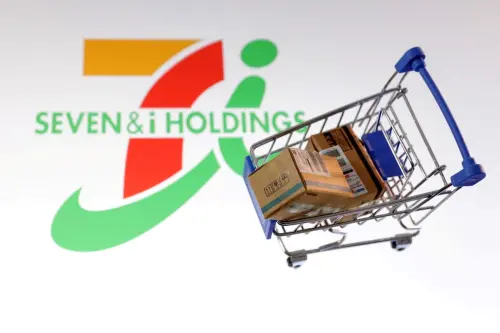The founding Ito family of Japan's Seven & i Holdings could not secure financing for a $58 billion management buyout, resulting in a drop in shares and giving momentum to a competing offer from Canada's Alimentation Couche-Tard.
In response to the failed financing attempt, Seven & i stated that there was no actionable proposal from the Ito family currently, highlighting that they will explore various strategic options, including Couche-Tard's raised $47 billion bid.
With Couche-Tard now having the advantage of no competing bids, analyst Travis Lundy noted, "It gives ACT a fresh opening because there's no competition now and the board can no longer rely on the management buyout."
If Couche-Tard successfully acquires Seven & i, it will mark the largest takeover of a Japanese company to date. The latest turn of events followed Itochu's decision not to participate in the Ito family's buyout proposal, owning the rival convenience store chain FamilyMart.
Shares of Seven & i, the parent company of 7-Eleven, tumbled 11.7% in Tokyo, marking the largest single-day decline in over a decade, whereas Itochu's shares surged by 5%.
Amidst criticism from investors like U.S.-based Artisan Partners urging a more competitive takeover process, the company's response to Couche-Tard's bid is considered a test case for improving corporate governance in Japan.
This development unfolded as Couche-Tard reaffirmed its commitment to reaching a mutually acceptable deal with Seven & i, which has sparked considerations about the possible implications, especially concerning the ownership of Seven & i's North American stores by a foreign entity like Couche-Tard.
Consumer analyst Hiroaki Watanabe emphasized the challenges foreign companies might face in Japan's highly competitive convenience store market, typically dominated by domestic firms.
Seven & i, a key player in Japan's retail sector, has been classified as "core" to the nation's economy, with reports indicating plans to sell non-core assets to private equity firm Bain Capital.
